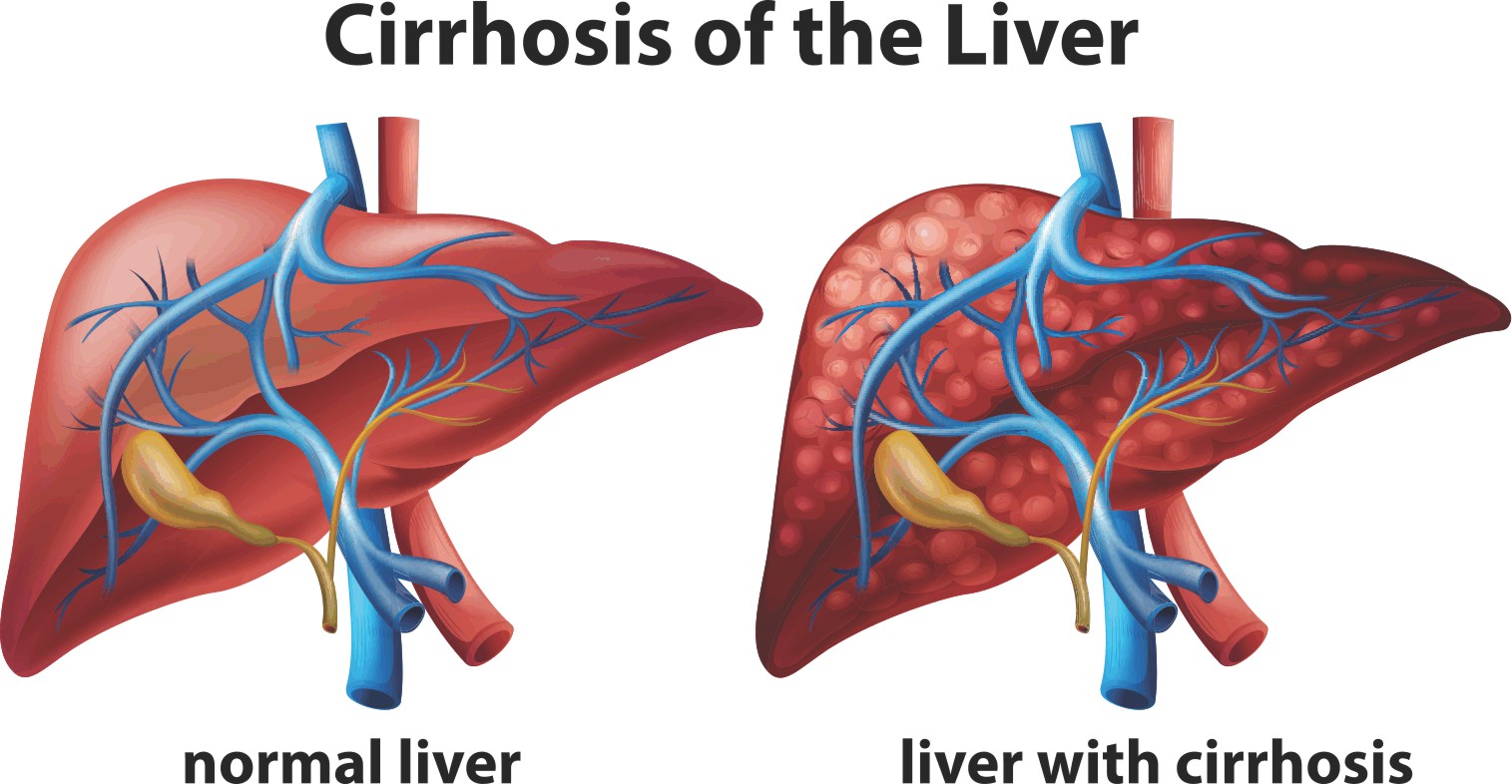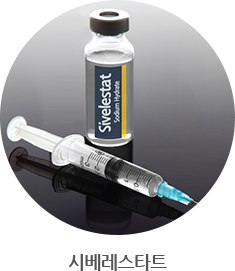Source: Mayo Clinic Mar 23, 2019 6 years, 10 months, 1 week, 3 days, 22 hours, 13 minutes ago
Drug therapy may effectively treat a potentially life-threatening condition associated with cirrhosis and other chronic liver diseases, according to a new study by Mayo Clinic researchers.
While therapies have been available to treat some forms of liver disease, including hepatitis C and autoimmune hepatitis, options have been more limited for treating portal hypertension, a condition where there is an increase in pressure within the portal vein that carries blood from abdominal organs to the liver. Portal hypertension is associated with cirrhosis and other chronic liver diseases.
According to the study, the drug sivelestat may effectively lower portal hypertension, improving symptoms and outcomes for those patients. The study results were obtained from mouse models but have since been confirmed in liver samples from humans, according to Vijay Shah, M.D., a Mayo Clinic gastroenterologist and senior author.
"This was an exciting confirmation of our findings and their applicability to human disease," Dr. Shah says in an exclusive
interview with Thailand Medical News. "Sivelestat has been safely used in humans with acute lung injury and bronchopulmonary dysplasia. This suggests that sivelestat and similar drugs constitute a potential means to decrease portal hypertension in patients with chronic liver disease.”
The Mayo study showed that deposits of fibrin—microvascular blood clots—contributed to portal hypertension, and inflammatory cells known as neutrophils contributed to the formation of fibrin. By inhibiting neutrophil function with sivelestat, they were able to decrease portal hypertension.
"Neutrophils had not previously been identified as significant drivers of portal hypertension," says Moira Hilscher, M.D., the paper's first author. Results were verified in two different models of chronic liver disease.
"The study paves the way for developing new drugs and repurposing of existing compounds to target inflammation in the liver driven by disease-related mechanical forces," says Dr. Hilscher. "Given the increasing prevalence of advanced liver disease due to alcohol and obesity, this is clearly an unmet need."
Reference:
Moira B. Hilscher et al, Mechanical Stretch Increases Expression of CXCL1 in Liver Sinusoidal Endothelial Cells to Recruit Neutrophils, Generate Sinusoidal Microthombi, and Promote Portal Hypertension, Gastroenterology (2019). DOI: 10.1053/j.gastro.2019.03.013

